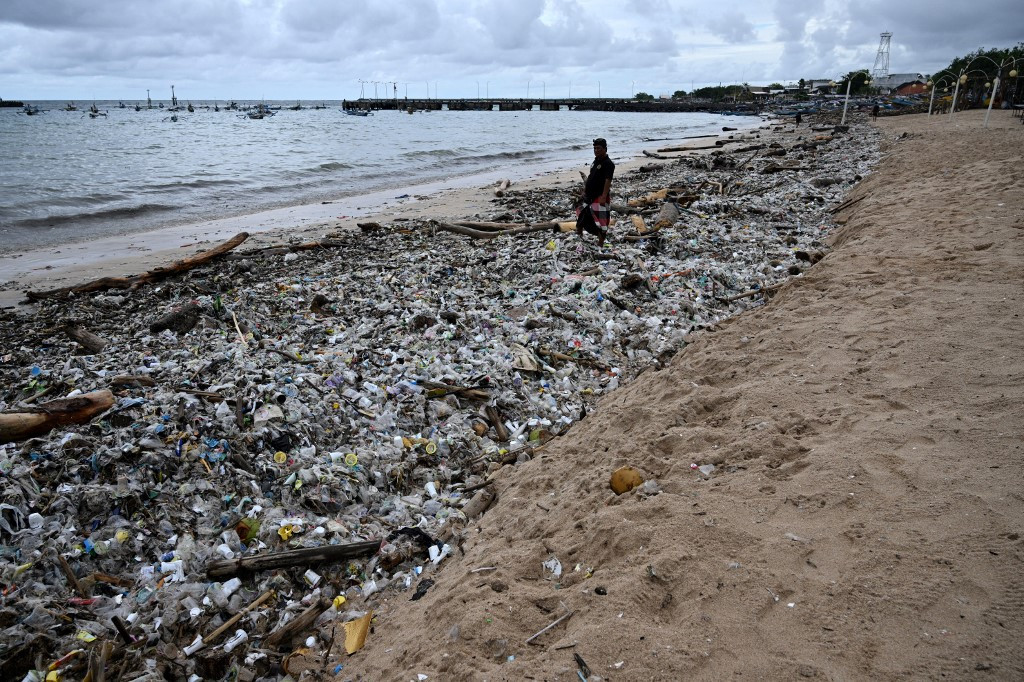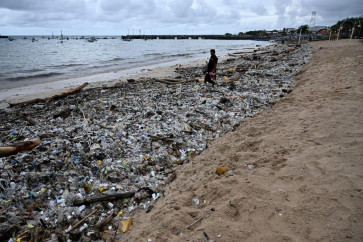Popular Reads
Top Results
Can't find what you're looking for?
View all search resultsPopular Reads
Top Results
Can't find what you're looking for?
View all search resultsBali, the willing cash cow of national interest
The large inflow of tourists in Bali would likely not be accompanied by long-term planning, potentially resulting in mass takeovers of sacred lands, pristine beaches and enticing river banks to build hotels, villas, restaurants and other tourist infrastructures.
Change text size
Gift Premium Articles
to Anyone
B
ali, seemingly since eternity, has been dubbed the “last paradise on Earth”, the island that one must visit, at least once in a lifetime. The island prides itself on its exotic culture, astounding vistas and welcoming people.
Bali, for as long as one can remember, continued to top the list of almost all travel magazines. That was until the Fodor Travel Guide recommended to reconsider visiting Bali.
Needless to say, this came as a shock to many. Fodor, among others, stated that “overtourism is encroaching on Bali’s natural habitats, eroding its environmental and cultural heritage and creating a ‘plastic apocalypse’”. This is also echoed by CNN which reported that “Bali’s traffic jams and mounting trash problems support accusations that the popular Indonesian island holiday destination has been overwhelmed by overtourism”, making it “one of the destinations that suffered the most from overtourism”.
In spite of the "shock" that many people supposedly felt about Fodor and others’ reports on Bali, such views are very much the truth.
To start, simply stepping out of the airport upon arriving in Bali and heading for just about anywhere, but especially toward the more well-known places like Ubud, Jimbaran and other such sites where most of the hotels are located, one can be assured to be trapped in massive traffic jams at any time of the day or week.
Along the road, instead of seeing vast spreads of panoramic terraced rice fields and the lush greenery for which Bali was once famous, the countryside is now fully dotted with stores, fast food restaurants and malls. For those venturing into the hinterlands and wanting to do some rafting, most of the rivers are polluted, while many of their banks are now perched with villas that go against existing laws forbidding houses to be built within 50 meters of river banks.
In some parts of Ubud and other places that are still scenic, one can now see large enclosed compounds of Russian, Ukrainian and other migrant communities which unfortunately are sore sights against the beautiful local backgrounds.



















